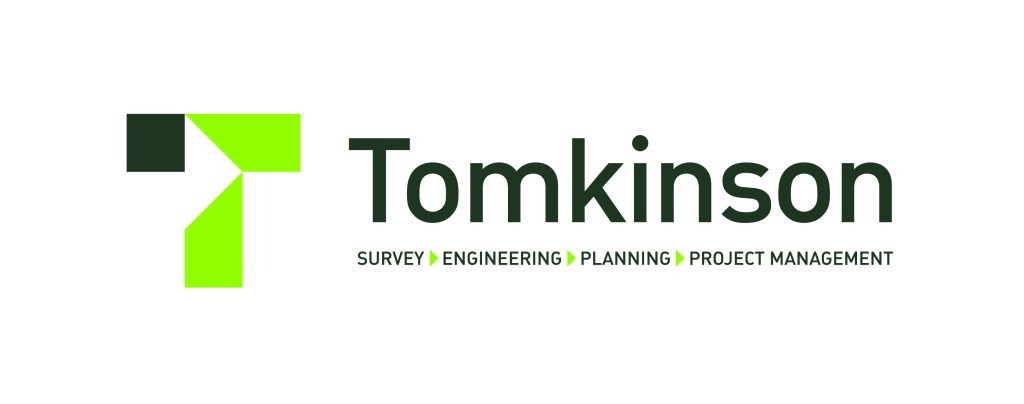UDIA Victoria Media Release
The Urban Development Institute of Australia, Victoria (UDIA Victoria) has released its detailed concept for a new alternative contributions model, to address the worst consequences of the Victorian Government’s Rezoning Tax proposal while maintaining the Government’s budget integrity.
UDIA Victoria CEO Matthew Kandelaars said the Andrews Government’s proposed rezoning tax (dubbed a “Windfall Gains Tax”) is a blunt tool with major implications for Victoria’s urban development industry.
Mr Kandelaars said UDIA Victoria’s own expertise has delivered detailed modelling to the State Government on the proposed form of its future tax and, in the process, further highlighted the enormity of its potential impact.
Across metropolitan Melbourne and regional Victoria, UDIA Victoria’s modelling shows a rezoning tax will render many local housing projects unviable, costing at least 6700 new dwellings, 20,000 direct jobs and over $7 billion in lost state economic output in this tax’s earliest phase.
“This proposed new property tax will cost thousands of Victorian jobs and result in billions in lost economic activity, right when our State needs to ignite its COVID recovery,” Mr Kandelaars said.
“The entire approach needs urgent review. The present proposal, which is still not backed by draft legislation, is full of holes and is already impacting industry confidence and threatening economic activity and the delivery of housing projects.
“Victoria’s urban development industry has the expertise and genuine desire to engage with the Government to help it avoid the major economic impacts that its current model will bring.”
UDIA Victoria said the Andrews Government’s 50 per cent tax on a hypothetical and unrealised upflift gain from the rezoning of land, cannot be quantified when a local developer or external financier is contemplating a project’s financial feasibility.
Without certainty about the extent of any future liability, and with the tax pitched at such a high rate, many projects will be rendered unviable, a point illustrated by UDIA Victoria’s research.
“We don’t like or want another new tax, because Victoria’s urban development industry already contributes billions annually to the Victorian economy,” Mr Kandelaars said.
“However, developing alternative and smarter solutions that can avoid the worst outcomes of the Andrews Government’s future tax, whilst maintaining the integrity of its Budget, is the constructive thing to do.
“We’re sitting at the table, ready to explore options that won’t render projects unviable, cost jobs and hurt housing affordability. We hope the Treasurer will join us.”
UDIA Victoria’s alternative model advocates to shift the proposed 50 per cent Windfall Gains tax from one on unrealised and hypothetical valuation gains, to a transparent contributions model.
Key features of the proposed UDIA Victoria model include:
- A broad-based contribution model paid on a per hectare basis, that is easy to understand and administer.
- Per hectare contributions for regional Victoria to be capped at 50 per cent of metropolitan Melbourne, reflecting the differences in markets across the State.
- Funds collected under the model to be hypothecated and invested back into the communities in which they are raised.
- No retrospective application – transitional provisions must be put in place to protect the integrity of arrangements implemented before the introduction of the new tax.
- The distinction between a developer and a speculator, recognising the significant contributions developers make to economic activity and housing supply across Victoria.
- The concept of “net uplift” as opposed to “gross uplift”, recognising the costs and expense of rezoning land.
- The inclusion of staged payments, to align with the receipt of settlement revenue.
Mr Kandelaars concluded: “We urgently need to find a better, more sustainable solution that shifts the Andrews Government away from the dangerous consequences of its proposed model, and we have developed a constructive and sensible way to do that.
“We’re taking a leadership position and we hope that the Government will respond accordingly, by sitting down in a considered way, assessing our proposal and enabling constructive debate and outcomes.”
– ENDS –
MEDIA CONTACTS
Matthew Kandelaars: Chief Executive Officer, UDIA Victoria
E: matthew@udiavic.com.au
M: 0416 443 555
Adi Stevens, RoyceComm
E: adi@royce.com.au
M: 0407 411 088










